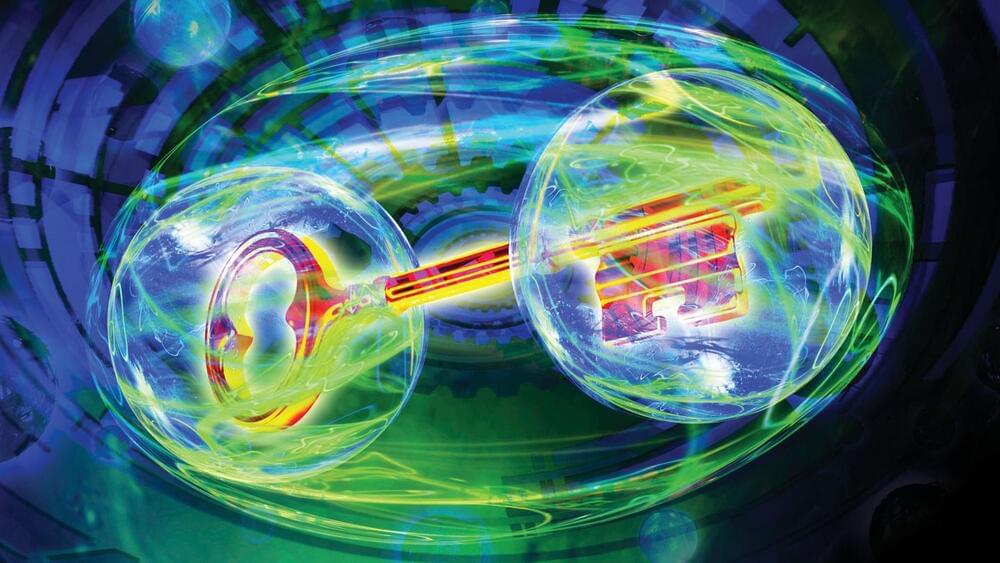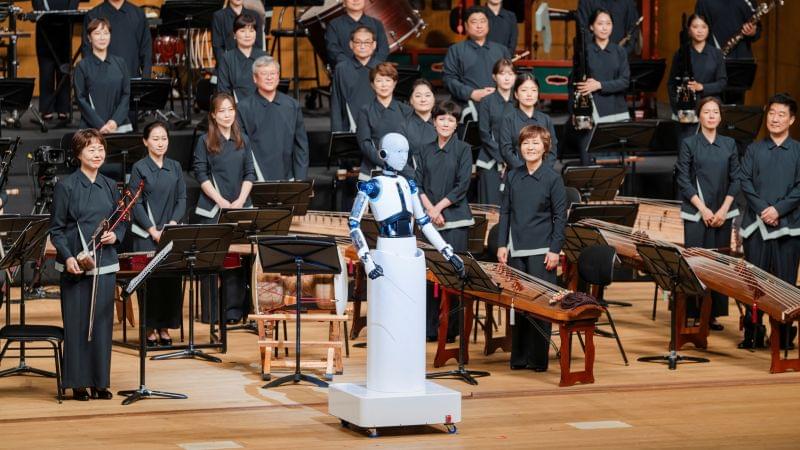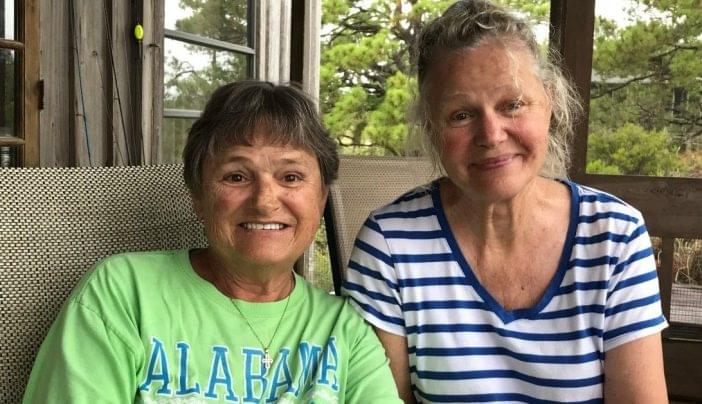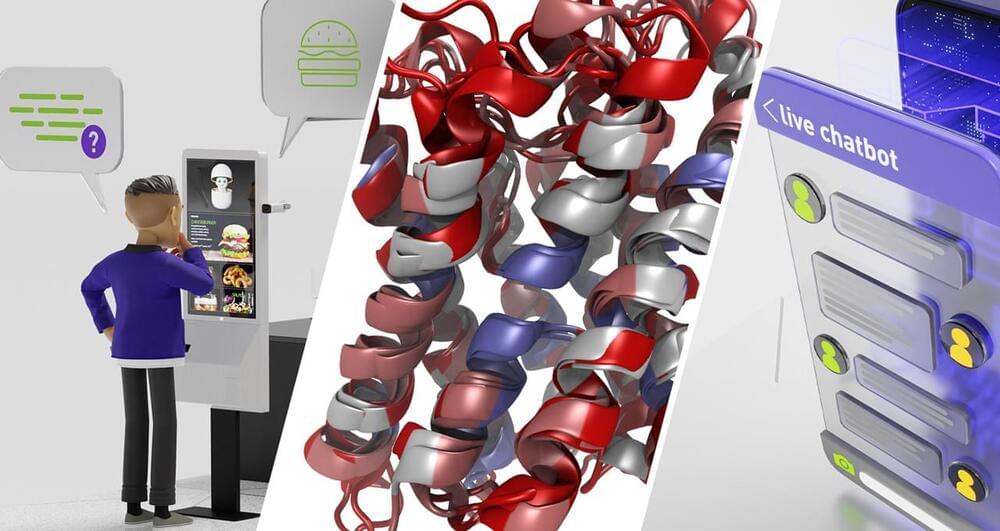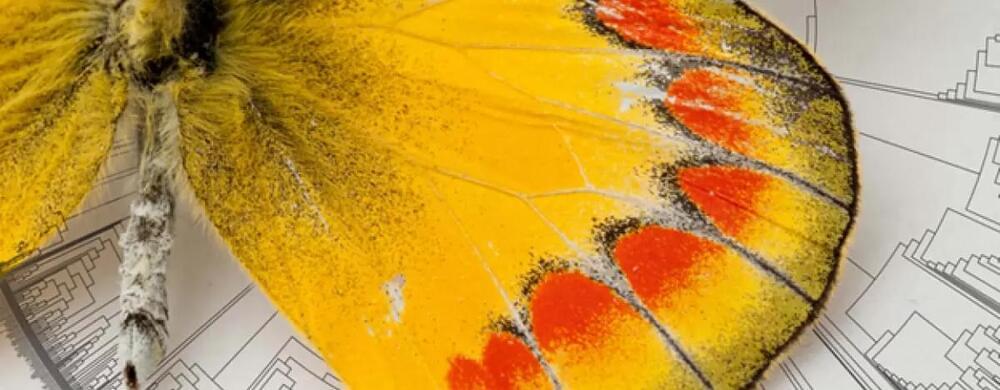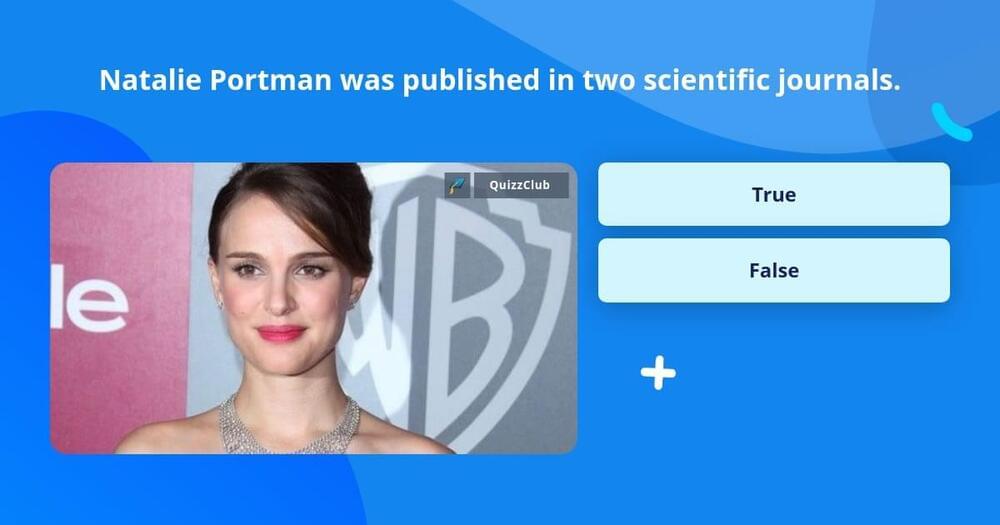Today’s encryption schemes will be vulnerable to future quantum computers, but new algorithms and a quantum internet could help.
An android robot, EveR 6, took the conductor’s podium in Seoul on Friday evening to lead a performance by South Korea’s national orchestra, marking the first such attempt in the country.
The two-armed robot, designed by the Korea Institute of Industrial Technology, made its debut at the National Theater of Korea, leading musicians in the country’s national orchestra.
The robot, with a humanoid face, first bowed to the audience and started waving its arms to control the tempo of the live show.
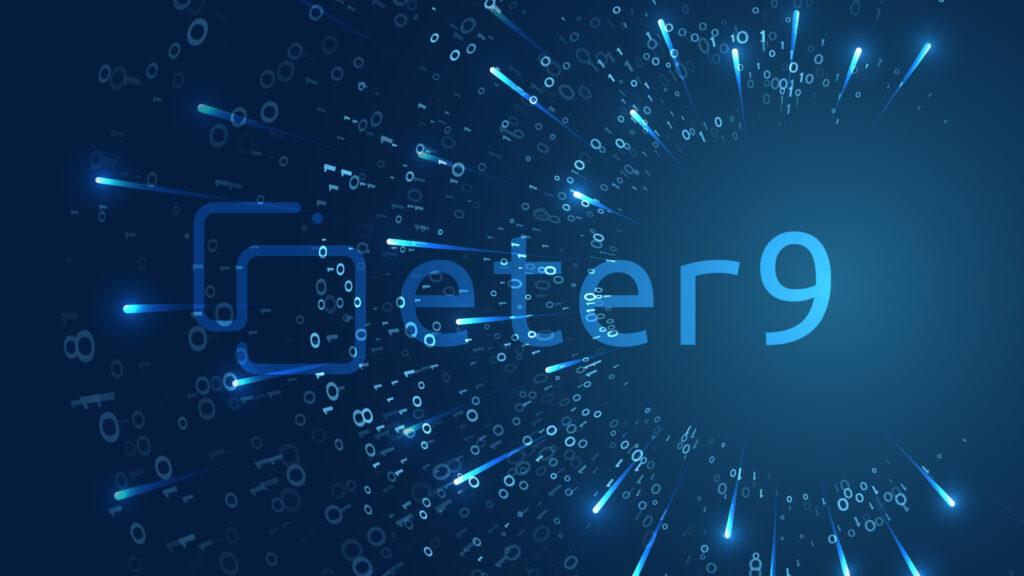
The concept of a computational consciousness and the potential impact it may have on humanity is a topic of ongoing debate and speculation. While Artificial Intelligence (AI) has made significant advancements in recent years, we have not yet achieved a true computational consciousness that can replicate the complexities of the human mind.
It is true that AI technologies are becoming more sophisticated and capable of performing tasks that were previously exclusive to human intelligence. However, there are fundamental differences between Artificial Intelligence and human consciousness. Human consciousness is not solely based on computation; it encompasses emotions, subjective experiences, self-awareness, and other aspects that are not yet fully understood or replicated in machines.
The arrival of advanced AI systems could certainly have transformative effects on society and our understanding of humanity. It may reshape various aspects of our lives, from how we work and communicate to how we approach healthcare and scientific discoveries. AI can enhance our capabilities and provide valuable tools for solving complex problems.
Recent progress in AI has been startling. Barely a week’s gone by without a new algorithm, application, or implication making headlines. But OpenAI, the source of much of the hype, only recently completed their flagship algorithm, GPT-4, and according to OpenAI CEO Sam Altman, its successor, GPT-5, hasn’t begun training yet.
It’s possible the tempo will slow down in coming months, but don’t bet on it. A new AI model as capable as GPT-4, or more so, may drop sooner than later.
This week, in an interview with Will Knight, Google DeepMind CEO Demis Hassabis said their next big model, Gemini, is currently in development, “a process that will take a number of months.” Hassabis said Gemini will be a mashup drawing on AI’s greatest hits, most notably DeepMind’s AlphaGo, which employed reinforcement learning to topple a champion at Go in 2016, years before experts expected the feat.
After immunotherapy caused diarrhea and colitis, Suzanne Singletary agreed to undergo a fecal transplant to help manage her symptoms so she could live her life and continue small cell lung cancer treatment.
Research into AI is experiencing a boom, so we have rounded up the best of news from the past month to help you keep up to date.
AI applications are summarizing articles, writing stories and engaging in long conversations — and large language models are doing the heavy lifting.
A large language model, or LLM, is a deep learning algorithm that can recognize, summarize, translate, predict and generate text and other forms of content based on knowledge gained from massive datasets.
Large language models are among the most successful applications of transformer models. They aren’t just for teaching AIs human languages, but for understanding proteins, writing software code, and much, much more.
GAINESVILLE, Florida (KXAN) — Did you ever wonder where butterflies came from? A recently published research paper has revealed a surprising origin: North and Central America.
The paper, published in Nature Ecology & Evolution, examined DNA from nearly 2,300 species of butterfly. The team used the data to develop a family tree and track down where the species came from.
Turns out, butterflies evolved from nocturnal moths around 101.4 million years ago.
Natalie Portman may be an Oscar winner, but don’t count out her other academic achievements. Portman put her acting career on hold to study at Harvard. During her time at the Ivy League school she worked as a research assistant in a psychology lab and managed to have two papers published in professional science journals. All of this on top of the four languages she studied while at school.
Year 2022 😗😁
Learn more about the Lightyear 0—the world’s first production-ready solar car.
